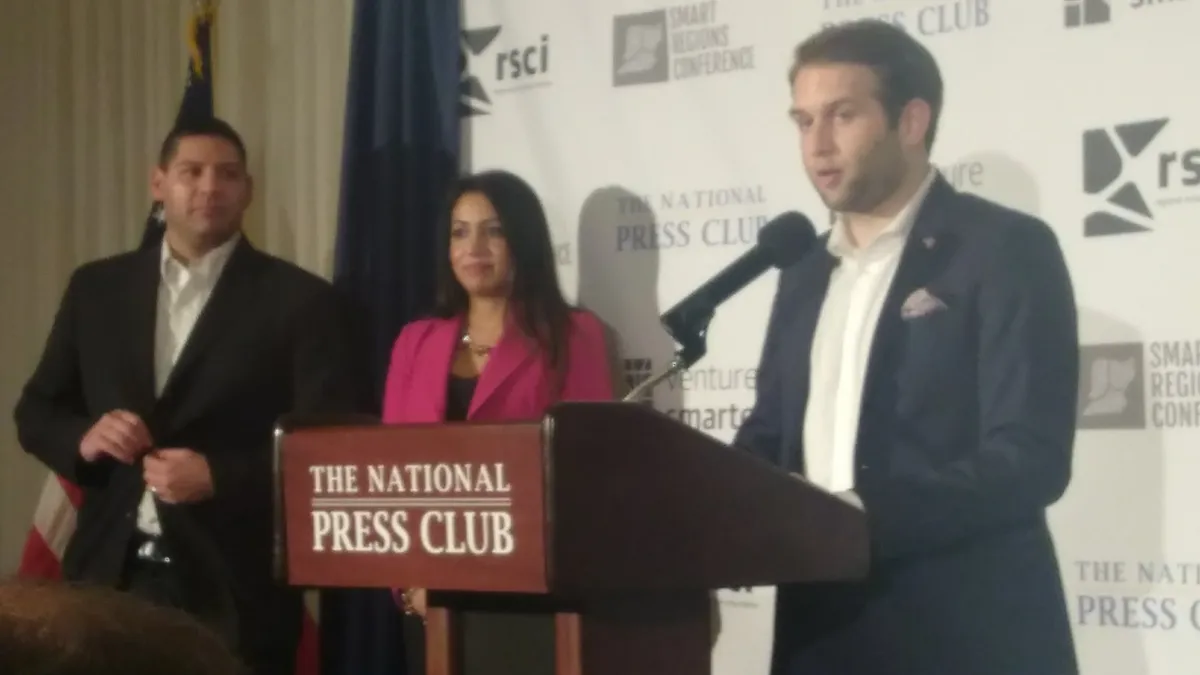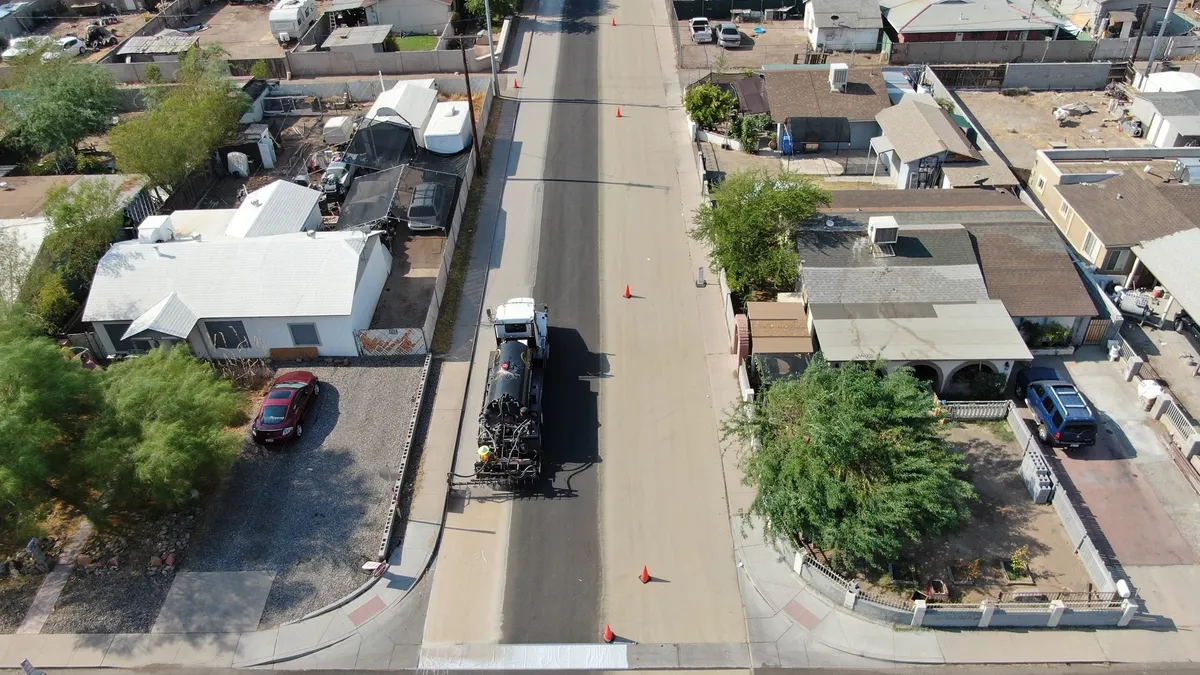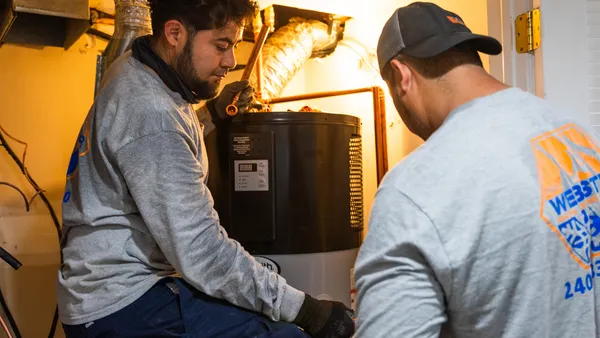Dive Brief:
- Cities, regional councils of government and government agencies can now compete in the 2018 Smart Infrastructure Challenge, announced Thursday at the Smart Regions Congress in Washington, DC. Technology and strategy firm Venture Smarter hosted the event, part of its Regional Smart Cities Initiative.
- Entrants will be required to collaborate in developing plans for improved connected infrastructure and transportation, with Venture Smarter to offer free support services to the first 25 applicants. A letter of intent must be signed and submitted by April 25; teams then will be "charged with creating a tech-enabled vision for integrating intelligent, interoperable systems into infrastructure," according to a press release. Plans will be presented at the Fall 2018 Smart Regions Conference in Columbus, OH on Oct. 25, and three regions will receive funding and support to implement their visions.
- "Rising infrastructure costs continue to strain government budgets, while population growth strains the capacities of that very infrastructure," Venture Smarter president Zack Huhn said in remarks at the Smart Regions Congress event. "As policies and trends continue to work against aging infrastructure, smart solutions must be implemented to help agencies optimize or altogether replace outdated systems, and to also cut costs, generate new revenue, or create enhanced value for constituents."
Dive Insight:
The challenge represents an opportunity for collaboration across governments and agencies to provide smart solutions across jurisdictional boundaries to improve the quality of life for all residents. "Smart Regions put people first," Regional Smart Cities Initiative executive director Rhonda Binda said in a speech. "Technology is simply the tool that helps improve the quality of life for residents and visitors regardless of socioeconomic or geographical barriers."
Entrants will need to have a robust planning process, supported by Venture Smarter, which will launch working groups to help write policy, prioritize projects and ensure everyone's goals and visions are aligned. Working across jurisdictional boundaries and between various level of government, it will be vital for stakeholders to all be moving in the same direction with proper communication.
Engaging the private sector will also be crucial for smart cities and their regional partners as they collaborate for this challenge and beyond. The use of public-private partnerships must continue to grow as governments look to collaborate, especially as the industry’s best practices typically come from the private sector.
"A mosaic of smart cities across this county will never happen unless there is unprecedented cooperation between government and the private sector," Mark Policinski, CEO of the Ohio-Kentucky-Indiana Council of Governments, said during a panel discussion. "Technology can be a powerful smart tool only if all of us are marching together into the future."











